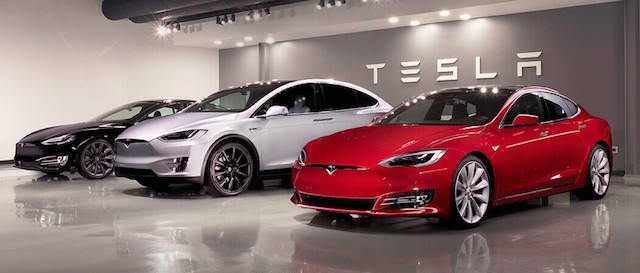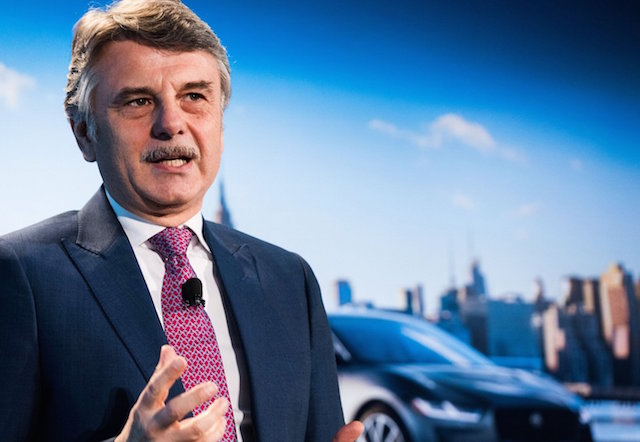
Tesla founder Elon Musk says the turmoil over Brexit was behind his decision to build the company’s next-generation electric car battery plant in Germany instead of Britain.
The switch to a site near Berlin comes as a blow to Britain, which is fighting to maintain its carmaking industry in the face of sweeping technological change.
“Brexit made it too risky to put a gigafactory in the UK,” Musk told industry guests in Berlin for Auto Bild magazine’s Golden Wheel Award ceremony, won by the Tesla Model 3.
“Everyone knows German engineering is outstanding for sure. You know that is part of the reason why we are locating gigafactory Europe in Germany.
“We’re also going to create an engineering and design centre in Berlin.” He said the facility would “build batteries, powertrains and vehicles, starting with Model Y.”
Musk (above) had previously praised the UK’s automotive engineering excellence, saying he wanted to build a research facility in the country.
British automotive chiefs have been left frustrated by Musk’s decision, at a time when doubts about the UK’s departure from the European Union is affecting its ability to attract foreign investment.
One automotive analyst said: “Any company struggles to justify allocating growth capital into a country with this amount of legal uncertainty.”
Mike Hawes, of the Society of Motor Manufacturers and Traders, said: “It is hugely disappointing because reports had indicated Tesla was looking at the UK as a place to invest.
“It underscores the importance of having an ambitious trade deal with the EU that gives the confidence to international investors to invest in the UK.”
Britain’s ability to remain competitive in the growing electric car market will depend on creating a battery supply chain.
Dr Ralf Speth (below), chief of Britain’s biggest carmaker Jaguar Land Rover, has repeatedly warned that the country needs a battery industry if the automotive industry is to survive.
He has said: “One thing is clear: if batteries go out of the UK, then also the automotive production will go out of the UK.”
Fears of Britain being left behind have mounted as the Faraday Institution, a government-backed research centre, has suggested that 114,000 jobs could be lost by 2040 unless billions are invested in battery plants for EVs. Investment in the UK automotive industry has fallen by 80 per cent in the past few years.
As next month’s general election looms, Prime Minister Boris Johnson has unveiled a major package of reforms aimed at boosting electric car ownership. It includes a £500m ($NZ1billion) investment to ensure every home in England and Wales is within 50km of a vehicle charging point.
* Tesla coined ‘gigafactory’ to describe the plant it began building in US state Nevada in 2014. It is being built in phases to allow Tesla to immediately begin manufacturing while continuing to expand. It is powered entirely by renewable energy sources and ultimately, says the company, will be the largest factory in the world.


